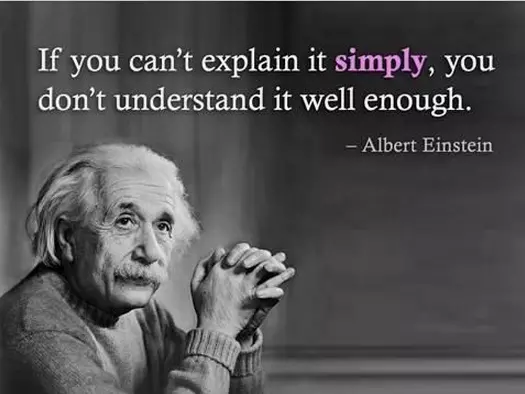Are you preparing your learners for exams or are you preparing them for the future? My work in schools has uncovered some uncomfortable truths. Many of our schools are preparing our learners for exams. I don't blame them. Schools are judged by their success in the qualification stakes. The Ministry of Education does it and parents do it.
I believe we must look closely at the moral purpose of education. What are we (educators) here for? Sometimes educators see their moral purpose as doing the best for the learner. And, in their view, that the best for the learner is to prepare them for exams.
I beg to differ. The moral purpose must surely be for the betterment of humanity. It should be a much wider, far-reaching moral purpose than ever before. Michael Bezzina says
"Leading with moral purpose means having a commitment to making a difference in the lives and outcomes of students as a result of their experiences at school." Will exams make a difference in the lives and outcomes of students? Short term memorization is not a skill that will be needed in the future. We don't need to draft off winners and losers any more. So what is the purpose of exams?
This
Weebley site (author unknown) identifies several purposes for exams:
- so the professors can see if you have really learned about something
- so they can get to know their students better
- to see who needs help
- to identify which professors can't teach as well
- to standardise the learning
- to benefit the education system
Hardly anything there that will make a difference in the lives and outcomes of students, let alone the betterment of humanity, is there? After all, there are other ways of finding out if a learner has learned. Professors should already have found out who needs help, rather than rely on a summative exam to tell them. Maybe it is, after all, just a sorting mechanism for who should be professors, but if the standards by which they are judged rely on memorisation skills of their students, then there is something wrong with how you become a professor, surely?
In this recent article on
elearningindustry.com , the author, Christiaan Henney states that exams will be changing completely in the next 20 years as they do not reflect an employee's ability to do what is required in a job. He suggests that knowledge is best measured alongside the learning and is demonstrated when employees carry out project work on the job. Visible learning can be shown using multimedia e-portfolios. Our learners should be encourage to explain concepts and learning in videos for example. Einstein explained this concept succinctly:
I long for the day when schools are able to shift their thinking away from preparing their learners for exams, toward preparing their learners for the future. According to Dr Ruha Benjamin who I listened to in a keynote address at ISTE in Denver this year, schools are laboratories for social change.
I think it is time for the change.
http://www.educationalleaders.govt.nz/Culture/Attitudes-values-and-ethics/Moral-purpose-and-shared-leadership
https://upload.wikimedia.org/wikipedia/commons/a/a8/Test_(student_assessment).jpeg

.jpeg)
